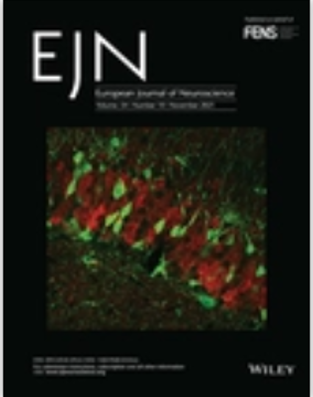"For a long time, the capacity of the newborn infant to feel pain was denied. Today it is clear that the nociceptive system, even if still immature, is functional enough in the newborn infant to elicit pain responses. Unfortunately, pain is often present in the neonatal period, in particular in the case of premature infants which are subjected to a high number of painful procedures during care. These are accompanied by a variety of environmental stressors, which could impact the maturation of the nociceptive system. Therefore, the question of the long-term consequences of early life stress is a critical question. Early stressful experience, both painful and non-painful, can imprint the nociceptive system and induce long-term alteration in brain function and nociceptive behavior, often leading to an increase sensitivity and higher susceptibility to chronic pain. Different animal models have been developed to understand the mechanisms underlying the long-term effects of different early life stressful procedures, including pain and maternal separation. This review will focus on the clinical and preclinical data about early life stress and its consequence on the nociceptive system."
Authors:
Meggane Melchior, Pierre Kuhn, Pierrick Poisbeau


